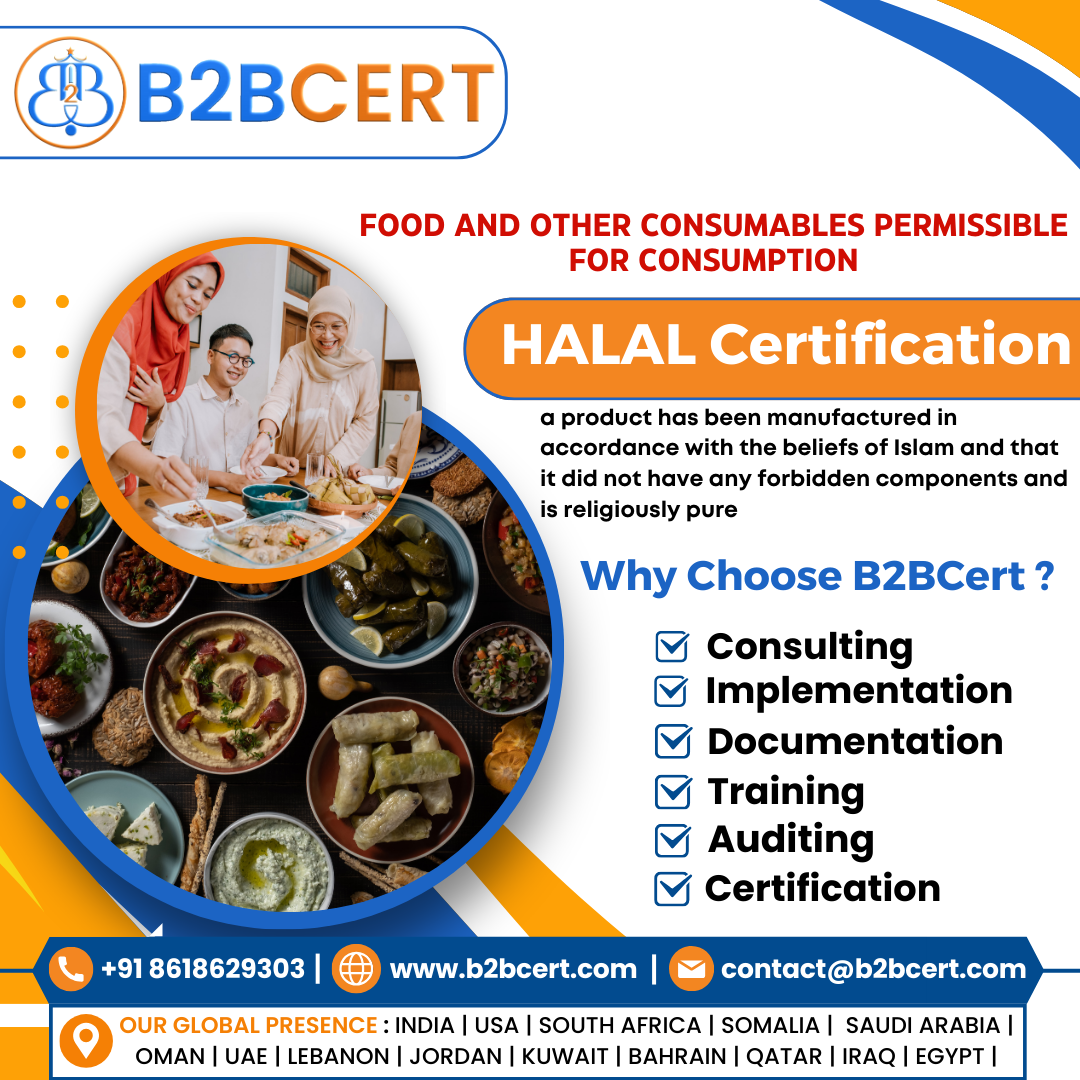Ensuring employees are trained in HALAL practices and hygiene standards is a cornerstone of maintaining the integrity, quality, and religious compliance of HALAL-certified operations. This is especially true in countries like Saudi Arabia, where HALAL Certification is not only a legal requirement for many sectors but also a critical cultural and religious expectation. Businesses operating in the food, cosmetic, pharmaceutical, and hospitality industries must ensure their employees fully understand and implement HALAL practices consistently.
Training employees in HALAL practices means educating them on the fundamental principles of what constitutes HALAL and HARAM (forbidden) according to Islamic law. This includes understanding the correct sourcing of ingredients, the method of slaughter in meat production, proper handling and segregation of HALAL and non-HALAL products, and avoiding cross-contamination. But it goes beyond product knowledge—it also includes training in proper hygiene practices, which are essential to both religious observance and public health.
In Saudi Arabia, where HALAL standards are rigorously enforced, businesses often rely on HALAL Consultants in Saudi Arabia to provide guidance and training. These consultants bring deep knowledge of local and international HALAL standards, including those set by the Gulf Accreditation Center (GAC) and the Saudi Food and Drug Authority (SFDA). HALAL Consultants ensure that staff at every level—from food handlers and butchers to warehouse staff and quality assurance managers—understand their roles in upholding HALAL integrity.
Training usually includes practical and theoretical components. The theoretical aspect involves educating employees on the religious significance of HALAL compliance and the specific standards required by HALAL Certification in Saudi Arabia. The practical side involves on-the-ground application, such as following correct cleaning procedures, maintaining proper documentation, ensuring traceability, and correctly labeling HALAL products.
One critical area of focus in training is hygiene. HALAL is not only about religious permissibility but also about cleanliness and safety—both personal and environmental. Employees are taught personal hygiene protocols like frequent hand washing, wearing appropriate uniforms and protective gear, and avoiding behaviors that might compromise hygiene, such as eating or smoking in work areas. Environmental hygiene includes regular sanitization of equipment, pest control, waste management, and maintaining clean storage conditions.
Given the complexity and importance of these standards, companies often engage HALAL Services in Saudi Arabia to provide tailored training programs, audits, and certification support. These services are vital for companies aiming to achieve and maintain HALAL Certification, especially those looking to export to countries with strict import regulations concerning HALAL products.
Moreover, continuous training and refresher courses are encouraged to keep up with evolving standards and regulations. HALAL compliance is not a one-time achievement; it is a continuous commitment. This means companies must ensure new hires are immediately trained, and existing staff receive periodic updates to remain compliant and competent.
The role of a trained workforce in maintaining HALAL standards cannot be overstated. Without proper employee education, even the most robust HALAL system can fail due to human error. Therefore, investment in employee training is not just about regulatory compliance—it’s a core component of brand reputation, consumer trust, and religious respect.
In conclusion, yes, employees are trained—and must be trained—in HALAL practices and hygiene standards, particularly in countries like Saudi Arabia where these standards are integral to both legal compliance and cultural expectations. Businesses that seek HALAL Certification in Saudi Arabia typically partner with HALAL Consultants and utilize comprehensive HALAL Services in Saudi Arabia to ensure their workforce is well-informed, properly trained, and capable of consistently upholding the principles and practices required for HALAL integrity.

